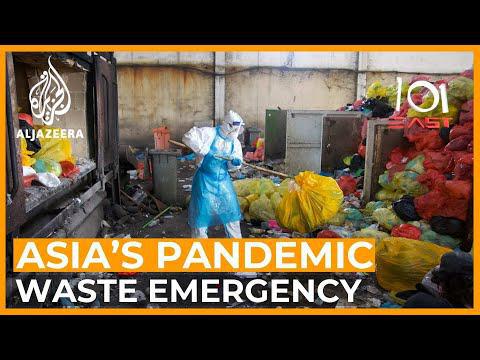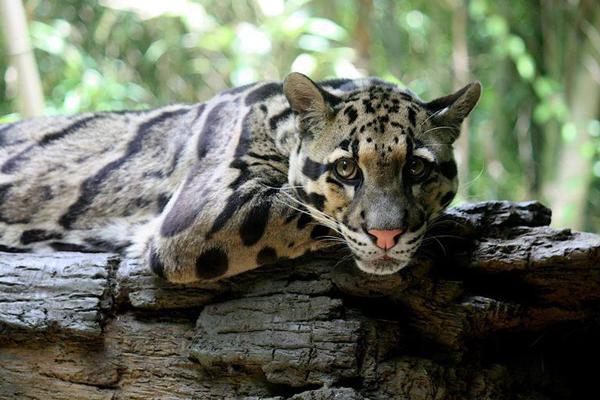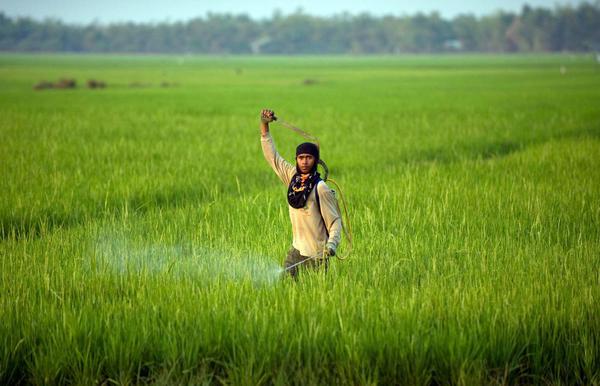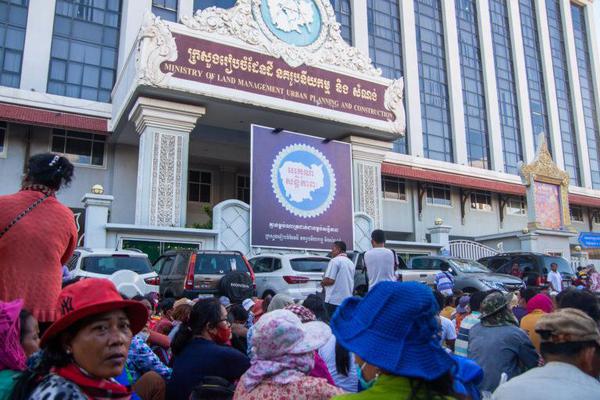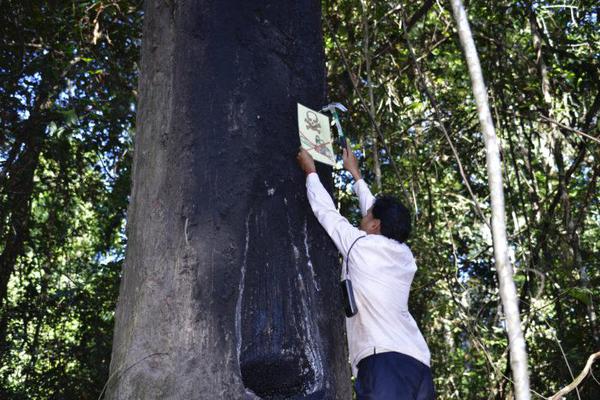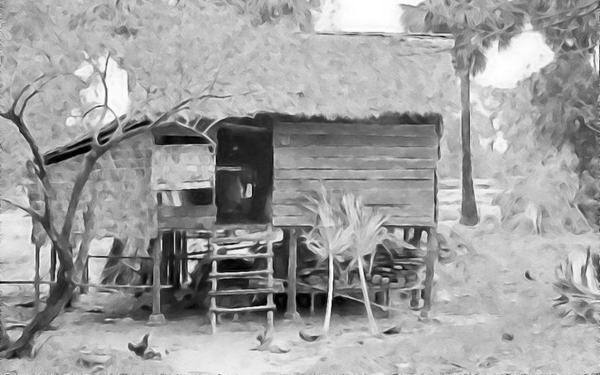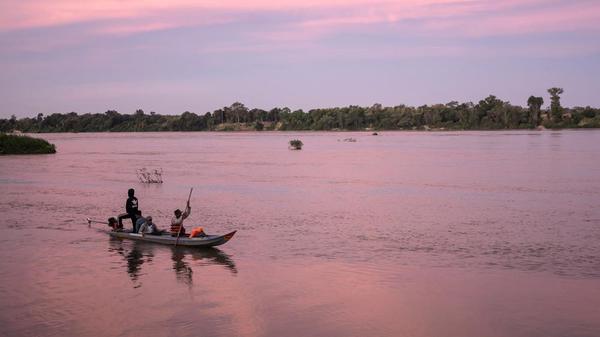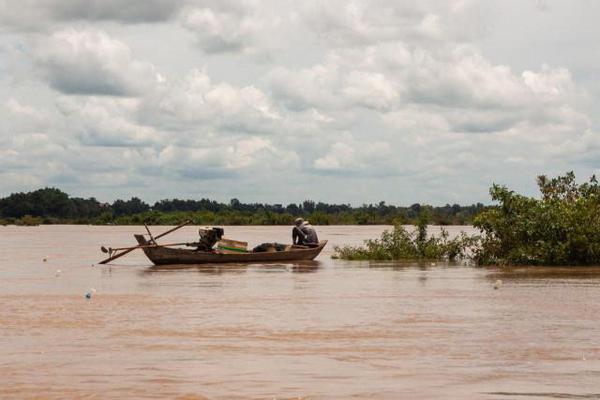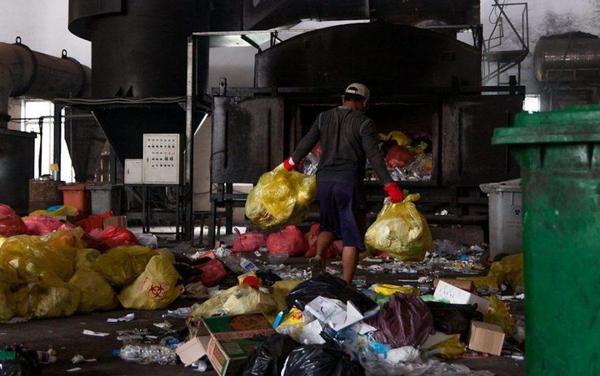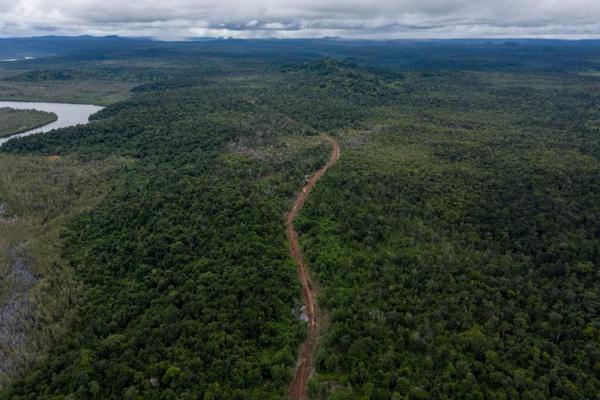
The great Koh Kong land rush: Areas stripped of protection by Cambodian gov’t being bought up
A regulation issued earlier this year in Cambodia’s Koh Kong province purported to take land from protected areas and grant the land titles to families living in the area.
But developments since then, and interviews with residents and brokers, paint the scheme as a massive land grab orchestrated by the country’s political elite.
Politicians and companies have been snapping up the newly degazetted land, among them a firm suspected of being a front for pulpwood giant APP.
Among those said to be profiting from the land grab is Ly Yong Phat, dubbed “The King of Koh Kong,” a politician and businessman with a long history of quashing the rights of those who occupy land he desires.
